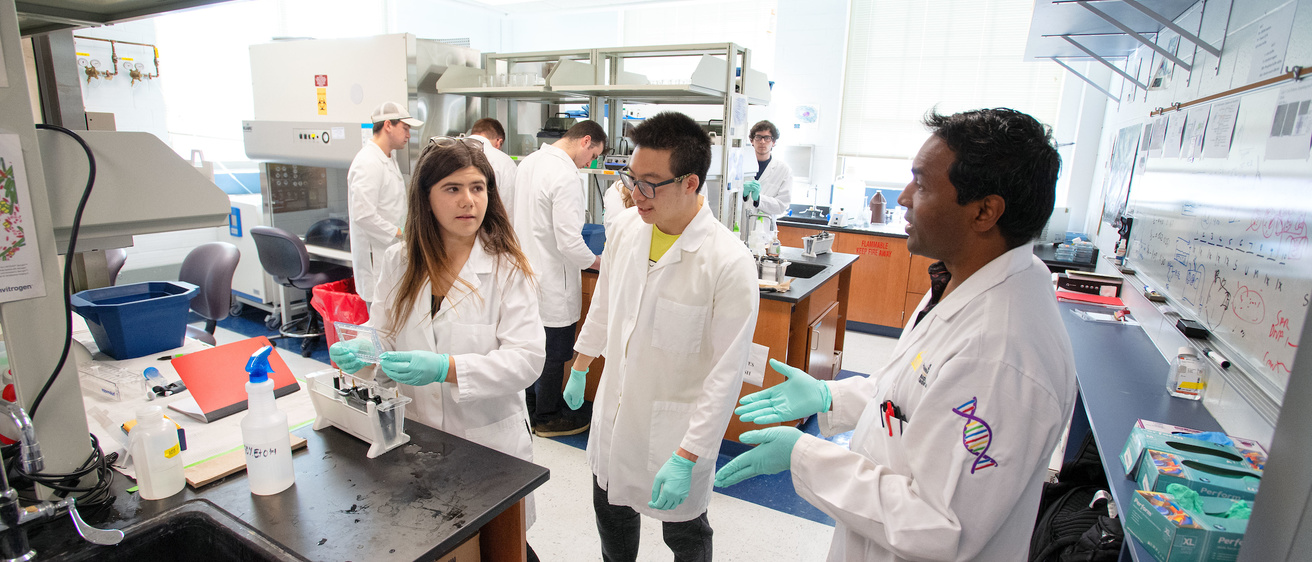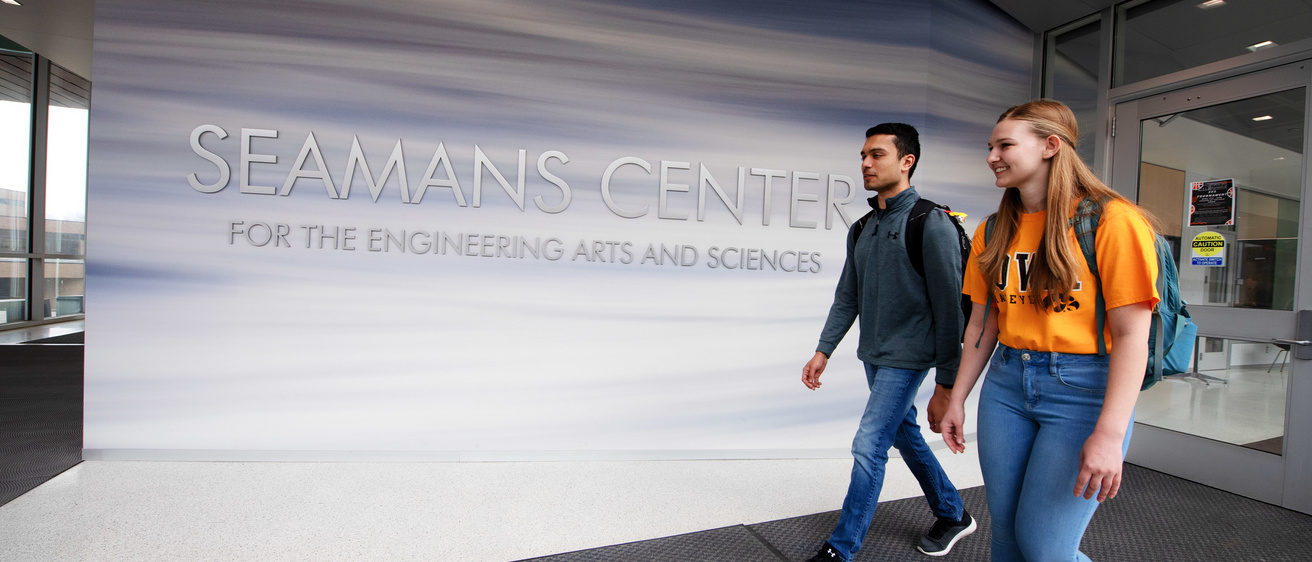Prospective Students
Information on admissions and how we prepare you for your career

Undergraduate-to-Graduate (U2G)
Get your graduate degree faster by combining your undergraduate and graduate coursework.

Undergraduate Programs
The college offers Bachelor of Science in Engineering (BSE) degrees in eight majors across six departments.

Transfer Students
Thinking about becoming a Hawkeye? We make it easy to stay on track and graduate on time.
Graduate Programs
Twenty research locations covering six academic programs means numerous options for you.

Scholarships
Hundreds of scholarship opportunities make your education affordable
Take a virtual tour:

